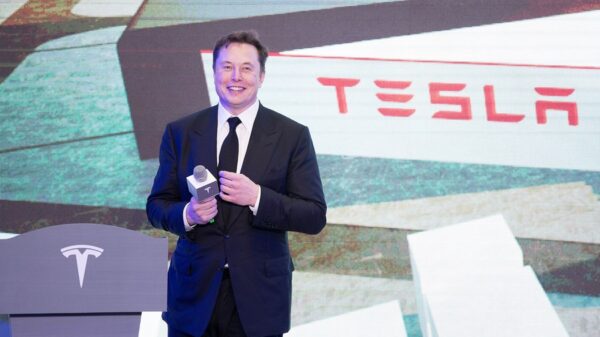Google’s presentation at its big developer event on Wednesday was uninspiring (one reporter is said to have fallen asleep in his chair at the Google I/O conference). Still, the search company is getting serious about developing its non-advertising revenue stream and that means more work on the boring Android products that create it, and less airtime for funky glasses and robotics.
In the first quarter of 2012, “licensing and other revenue,” at $420 million, made up just 3.9 percent of Google’s total revenues. The rest came from advertising. Two years later, “licensing and other” increased to $1.55 billion, or 10 percent of Google revenues. Exactly the same share of Apple’s revenues came from comparable sources in the second quarter of 2014.
Much of that growth is apparently coming from the blitzkrieg expansion of the Google Play app store, detailed in a fresh report from the research firm App Annie, which estimates that in Q1, 2014, Google Play app revenue increased by 2.4 times year-on-year. Games accounted for almost 90 percent of this revenue and Google Play is gradually catching up to its more lucrative rival, Apple’s App Store. In April Google Play claimed 38 percent market share to App Store’s 62 percent, and was growing much faster.
No wonder Google’s presentation on Wednesday centered on Android. The company’s vision is proudly distinct from that of Apple, which lures customers and developers into a cozy, but claustrophobic world that now even has its own programming language.
“We aren’t building a vertically integrated product,” said Sundar Pichai, responsible for Android and Chrome OS at Google. “What we are doing is building an open platform at scale. We work with hundreds of partners globally to bring a product and a platform that touches billions of people.”
Google’s bet is, in effect, based on the same “freemium” model that makes Play so successful: It gives Android away for free, hoping that someday it will dominate the app market, from which Google makes all its Android-related money. The model is working so far: Android already has 1 billion active users, while Apple has sold a total of about 800 million iOS devices, many of which are no longer in use.
To keep growing faster than the competition, Google announced some key changes in the Android world. The system is getting a unified design across all devices, which means every possible screen size. Google’s laptop operating system, Chrome OS, appears to be on track to merge with Android: Some mobile apps will soon run on Chromebooks, something Apple is unable to do for iOS and MacOS. Android already runs on a number of wearable devices from Samsung, LG and Motorola, an area where Apple has hung back, hoping to deliver a “killer app” after watching competitors struggle. Anticipating that move, Google is trying to cover areas Apple entered first, such as car software and set-top boxes: Android Auto and Android TV are coming soon. The latter will have something Apple TV doesn’t — the ability to stream content from outside the home WiFi network.
Android has long been seen as a cheap alternative to iOS. Google’s earnestness at the I/O conference was all about closing the perceived quality and user experience gap between the two competing ecosystems, rather than the type of off-the-wall innovation for which Google is known. The keynote presentation made no mention of Google Glass, while the company’s many robotics acquisitions and work on self-driving cars were left out of the limelight, too. Google founders Sergey Brin and Larry Page did not take to the stage, perhaps because they are more interested in the zanier side of Google these days.
Zany is not on the moneymaking side of the business, however. Android, by contrast, now is. Google has grown a second leg to stand on and it is exercising that leg.
























